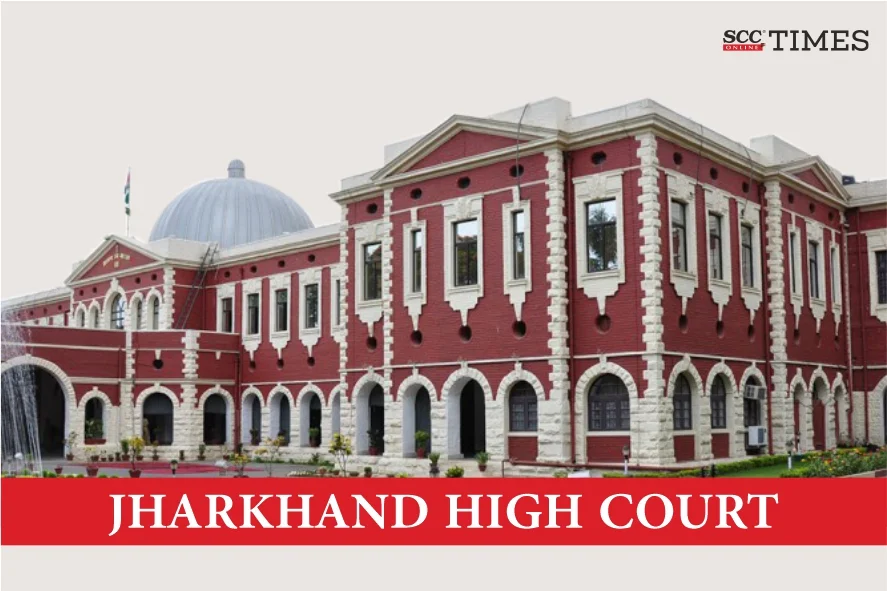Jharkhand High Court: In a case wherein the petitioner was interrogated till past mid-night and was permitted to go home only after his statement was recorded to the satisfaction of the GST Officer, the Division Bench of Shree Chandrashekhar, ACJ and Navneet Kumar, J., opined that the proper officer under the Central Goods and Services Tax Act, 2017 (‘CGST Act’) should not be requiring/forcing/coercing a person so summoned to give statement after the office hours. The Court also directed that the GST officers should follow the guidelines and instructions issued by the Commissioner (GST-Investigation) and the Central Board of Indirect Taxes and Customs (‘CBIC’) while summoning a person by exercising the powers under section 70 of the CGST Act.
The Court stated that the Constitution recognized basic human rights of every individual. In Kharak Singh v. State of U.P., 1962 SCC OnLine SC 10 it was held that periodic night visits by the police at the home of the accused should be an invasion to his right to privacy under Article 21 of the Constitution. Further, in K.S. Puttaswamy (Privacy-9J.) v. Union of India, (2017) 10 SCC 1, it was held that the right to privacy was implicit in the guarantee under Article 21 of the Constitution. The Court stated that to speak or not to speak had always been a dilemma for a person called for giving his statement before the Customs Officer, Central Sales Tax Officer, Police Officer etc, as the implications were serious. Further, Article 20(3) of the Constitution provided that no person accused of any offence should be compelled to be a witness against himself.
Under the CGST Act, a person called for giving evidence or to produce a document or any other thing in any inquiry was under a duty to speak truth. Section 70(2) of the CGST Act provided that every inquiry referred to in sub-section (1) should be deemed to be a judicial proceeding within the meaning of Sections 193 and 228 of the Penal Code, 1860. Therefore, the consequence was that any person whose attendance was considered necessary by the proper officer, if makes any untrue statements, to give evidence or to produce a document or any other thing in any inquiry under the CGST Act, should be liable to be prosecuted as indicated under sub-section (2).
The Court opined that the proper officer under the CGST Act should not be requiring/forcing/coercing a person so summoned to give statement after the office hours. Further, the Court noted the petitioner’s contention that in the GST Intelligence and Investigation Manual, 2023 (‘the Manual’), it was specifically provided that the statements should be recorded during office hours, but taking a clue from the expression “exception” in clause (iv) of the Manual, the Commissioner (GST-Investigation) had taken a stand that in cases where the persons might be arrested, there were chances of absconding during inquiry, therefore such cases might also be treated as exceptional cases.
Thus, the Court referred to the guidelines and instructions issued by the GST-Investigation and directed that the GST officers should follow the guidelines and instructions issued by the Commissioner (GST-Investigation) and the CBIC while summoning a person by exercising the powers under section 70 of the CGST Act.
[Shiv Kumar Deora v. Union of India, 2024 SCC OnLine Jhar 1956, Order dated 13-05-2024]
Advocates who appeared in this case :
For the Petitioner: Salona Mittal, Advocate;
For the Respondents: P.A.S. Pati, Sr. SC (DGGI).




